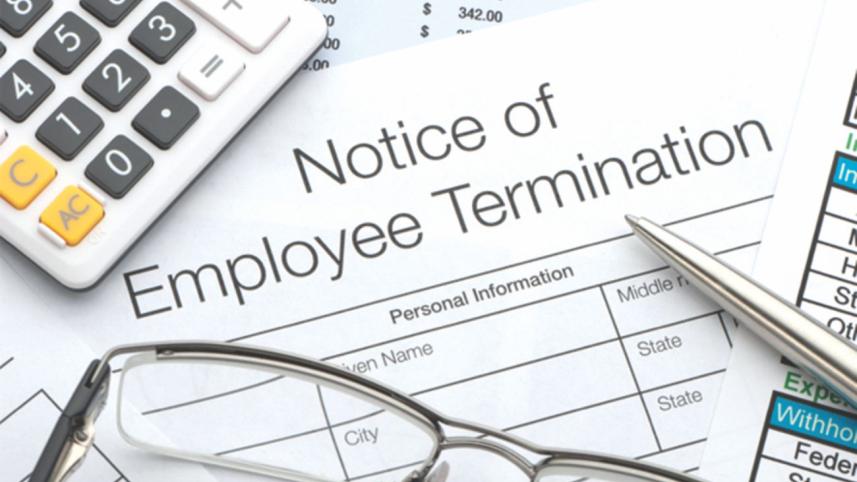Your Advocate

Query
I have been working at a well-to-do insurance company for around one and half years now. For personal reasons, I wish to keep the name of this company confidential at the moment. I had been employed in the company as personal assistant of a higher official. In the past one and half-years, there was no complaint against me apart from minor day to day dissatisfaction and work rectifications. However, this month when I was about to collect my monthly remuneration, I was also provided with a letter which stated that I have been dismissed from employment owing to my underperformance. I wish to know whether I can be dismissed like this without any detailed reasons or without being given a chance to improve my performance. Any advice will be very helpful.
Anonymous
Dhaka
Response
I understand your concern and distress. Being dismissed for underperformance is a problem that employees seem to face often these days. From your role in the organization, I assume that you will be considered as a worker. For your understanding, as per S2(65) of the Bangladesh Labour Act (BLA) 2006, 'worker' means any employee except for employees employed mainly in managerial, supervisory or administrative capacity.
As per the BLA, you can only be 'dismissed' from employment if you are considered to have committed a 'misconduct'. S23(4) of the BLA lists the followings as misconduct:
a) Willful insubordination or disobedience, whether alone or in combination with others to any lawful or reasonable order of a superior;
b) Theft, misappropriation, fraud or dishonesty in connection with the employer's business or property;
c) Taking or giving bribe in connection with his or any other worker's employment under the employer;
d) Habitual absence without leave or absence without leave for more than 10 days;
e) Habitual late attendance;
f) Habitual breach of any law or rule or regulation applicable to the establishment;
g) riot, disorder, arson/torching or vandalism in the establishment;
h) Habitual negligence of work
i) Habitual breach of any rule of employment, including conduct or discipline, approved by the Inspector General of labour;
j) Falsifying, tampering with, damaging or causing loss of employer's official records.
You could, therefore, only be dismissed for committing 'misconduct' if you were considered to have committed any of the above. Needless to say, 'underperformance' or 'dissatisfaction with service' does not appear in the above list and thus, you cannot be dismissed for the same. If it is alleged that you habitually neglected your work (S23(4)(h)), that too shall depend upon whether your job description and official position requires you to carry out all the duties that you have allegedly failed to do, the frequency of such neglect and many other factors. To that end, your employer shall provide you with a more detailed account of what activity/lack of activity on you part has been considered by them as underperformance to an extent that it amounts to habitual negligence of work.
Besides, your employers can lawfully dismiss you only after the formal disciplinary procedure is completed and misconduct is proved though the procedure. The procedure includes, but is not limited to, issuing show cause notice to you allowing you time to respond; forming an inquiry committee; providing you with a chance of fair hearing and carrying out sufficient investigation to prove the misconduct. Without proving the misconduct, you shall neither be dismissed nor be subject to any other punishment.
In light of the aforesaid, I have every reason to opine that under-performance is not a misconduct and hence someone cannot be dismissed for the same. Besides, the disciplinary procedure has not been followed. In a situation where your employer is dissatisfied with our performance and was unwilling to keep you in employment, they should have done 'termination simpliciter', i.e. termination without assigning any reason And in the situation where your employment is in fact terminated, as opposed to being dismissed, you shall duly be entitled to the payment of compensation at the rate of 30 days' wages for every completed year of service, or gratuity (if any), whichever is the higher. Furthermore, 120 days' notice or payment in lieu of notice should have been given.
I would advise you to give a written grievance notice to your employer immediately stating your grievances.
For detailed query contact: omar@legalcounselbd.com.



 For all latest news, follow The Daily Star's Google News channel.
For all latest news, follow The Daily Star's Google News channel.
Comments